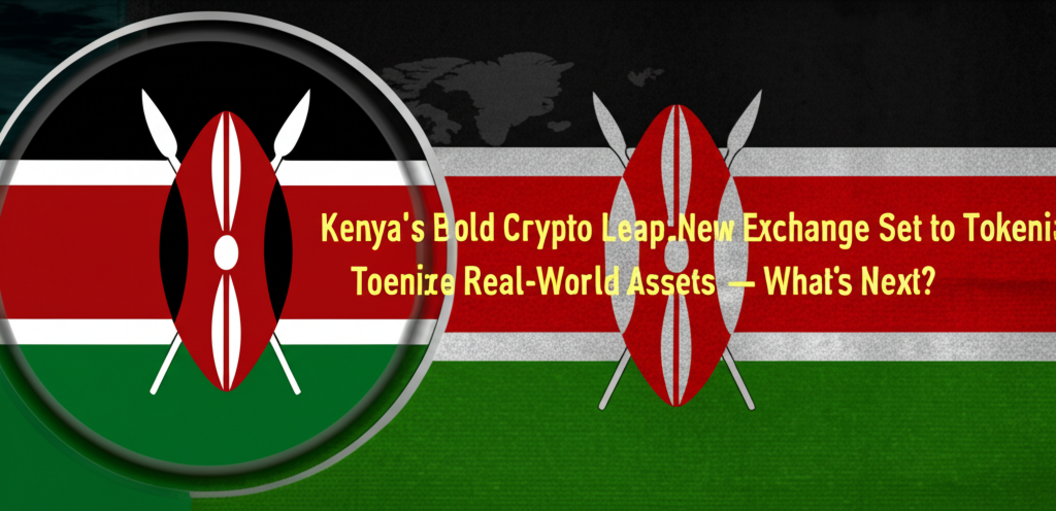Kenya’s Bold Crypto Leap: New Exchange Set to Tokenize Real-World Assets – What’s Next?

A significant development is underway in Kenya’s financial sector with the planned introduction of the Kenya Digital Exchange (KDX), a regulated platform designed specifically for the tokenization of real-world assets.
Announced recently, this initiative represents a strategic partnership involving DeFi Technologies, its subsidiary Valour Inc., SovFi, and the Nairobi Securities Exchange (NSE).
KDX aims to establish a novel marketplace facilitating the trade of diverse tokenized products. These will span asset classes such as equities, debt instruments, investment funds, and commodities, broadening investment horizons.
Leaders involved express strong optimism, viewing the partnership as a pivotal move towards modernizing African capital markets. Frank Mwiti, CEO of the NSE, indicated that this collaboration signifies a strategic advancement for the continent’s financial future.
The platform intends to leverage cutting-edge blockchain technology basics, including the Hedera network, to deliver efficiency and accessibility. The goal is to unlock fresh investment avenues, enhance market participation, and extend the advantages of digital asset trading across Africa.
Olivier Roussy Newton of DeFi Technologies highlighted the potential to empower investors with new asset classes, thereby stimulating economic growth and cementing Kenya’s position as a key African financial center. This builds upon a prior agreement between Valour and the NSE focused on bringing exchange-traded products (ETPs) to the Nairobi market.
These Valour ETPs are anticipated to be listed on the NSE before the conclusion of the third quarter of 2025.
The rollout of KDX itself is planned in three distinct phases, commencing before the end of 2025 and scheduled for completion in the first half of 2026. This phased approach underscores a careful strategy for market integration.
The exchange’s operational model anticipates generating revenue through various streams, including fees for trading, listings, deposits, and withdrawals, alongside margin trading services. Further income is expected from activities like lending, staking, new token launches, custody services, and initial exchange offerings (IEOs).
This initiative taps into a burgeoning local market, reportedly comprising over 6 million crypto users and processing transactions exceeding $18.6 billion in 2022. The move aligns with a global trend towards exploring real-world asset tokenization to improve liquidity and market access.
